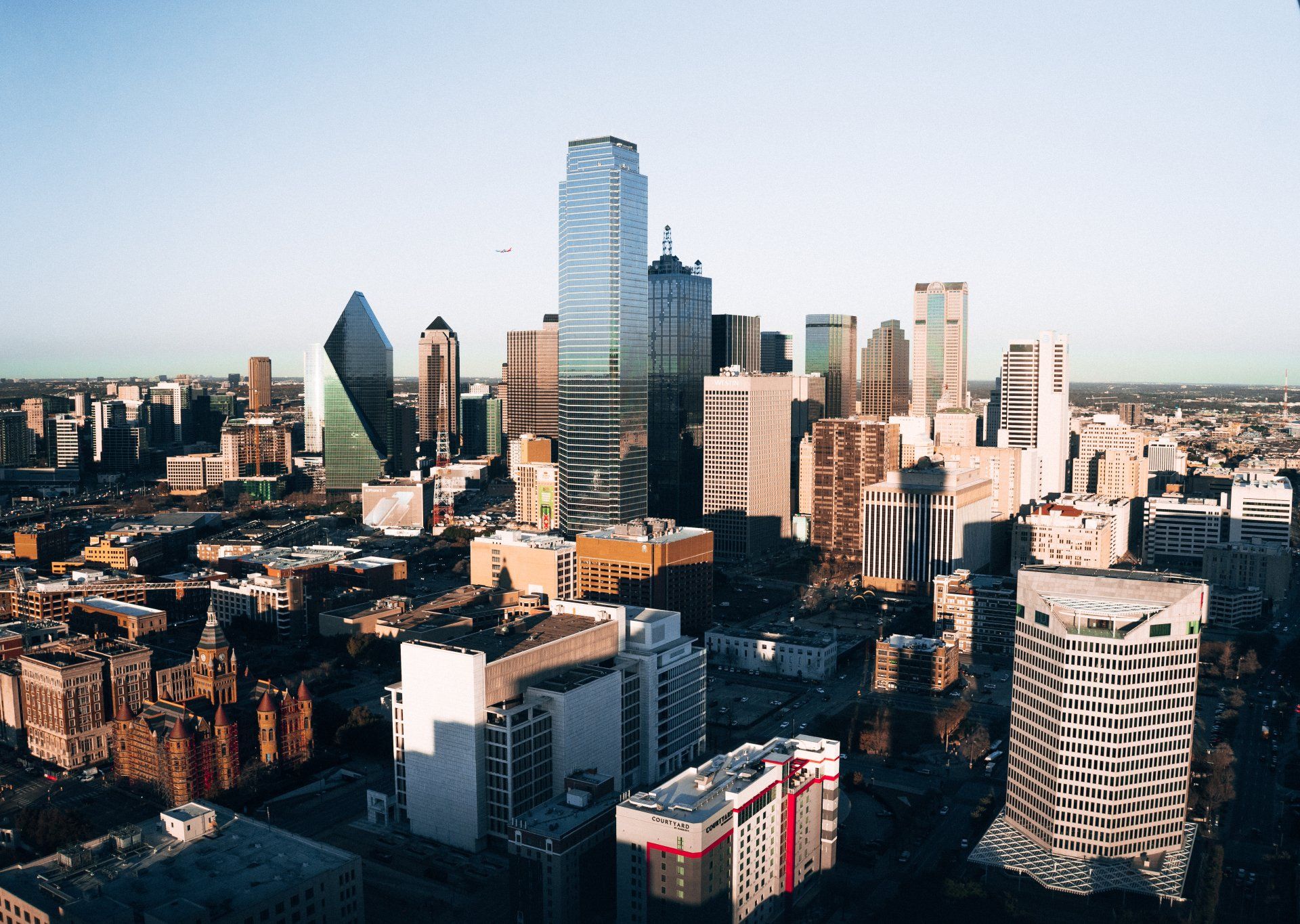What is the Silicon Hills ?
Current State Of Austin's Tech Scene
Silicon Hills is a nickname for the cluster of high-tech companies in the Austin, TX metropolitan area in the hill country region of Texas. This nickname is a reference to Silicon Valley, indicating the significance of the Austin area as a hub for tech startups, with companies such as Dell, IBM, Amazon and Apple having significant operations or headquarters in the region.
Factors contributing to Austin's Silicon Hills, Massive Economic Growth
Over the past years, the tech scene in Austin, or "Silicon Hills", has seen considerable growth. It's known for its supportive community, ample funding opportunities, and business-friendly environment. Austin also hosts the annual South by Southwest (SXSW) conference, a convergence of film, interactive media, and music festivals and conferences, which further boosts the city's prominence in the tech industry.
This vibrant tech scene is partly supported by the city's educated workforce and its significant number of university students. Austin's high quality of life and lower cost-of-living (compared to other tech hubs like San Francisco or New York) has been and still is a major draw to also draw tech talent and startup founders to the city.
How University of Texas at Austin contributes to the Silicon Hills Tech Ecosystem,
By providing educated workers and opportunities for tech, many graduates from the university school. Moreover, venture capital investment in Austin has been steadily increasing, supporting the growth of new startups in the area.
The University of Texas at Austin plays a pivotal role in nurturing and sustaining the Silicon Hills tech ecosystem through a multifaceted approach. Beyond supplying a steady stream of highly educated graduates well-versed in engineering, computer science, and other tech-related fields, the university fosters innovation through its cutting-edge research initiatives. UT Austin's faculty and students regularly engage in groundbreaking research projects, often in collaboration with local tech companies, which helps push the boundaries of technology and fuels the ecosystem's growth. Moreover, UT Austin's robust entrepreneurship programs, such as the Longhorn Startup Lab and the Texas Innovation Center, provide crucial support to budding entrepreneurs, offering them resources, mentorship, and the technical know-how needed to turn their ideas into viable businesses. The university also hosts various tech conferences and hackathons, creating networking opportunities for students and industry professionals alike. Additionally, the steady rise in venture capital investment in Austin has significantly bolstered the city’s startup culture. The presence of UT Austin enhances the attractiveness of the region to investors who are keen to tap into the talent and innovative potential that the university cultivates. Initiatives such as the Austin Technology Incubator (ATI), associated with UT Austin, support early-stage tech ventures by providing them with the resources they need to succeed. This symbiotic relationship between the university and Silicon Hills cultivates a dynamic and resilient tech ecosystem that continually attracts new businesses and fosters economic growth in the region.
Austin's Tech Scene Faces Challenges in Q2 of 2024
Austin's tech scene is currently booming with over 7,300 tech industry firms that make up more than 14% of Austin’s economy. As of 2021, it is one of the biggest tech hubs in the US, attracting both startups and established firms. Companies like Apple, Google, and Tesla have also increased their presence over the past two years.
In 2020, the Austin tech sector secured $2.3 billion in venture capital, which is a 24% increase from the previous year’s investment. It is home to flagship tech events such as SXSW and Austin Startup Week that attract a global tech audience. According to tech job listings website Dice's 2020 report, Austin ranked sixth among U.S. tech hubs, based on job posting data.
However, the rapid growth and influx of tech workers have also led to challenges such as rising costs of living, increased traffic, and concerns about cultural shifts. Despite these challenges, Austin's tech scene continues to thrive with new players entering the scene, and existing firms expanding their footprint.
Trials and Tribulations of the Current State of austin texas Job market
The current state of Austin's tech scene is a complex tapestry, amid the most severe tech layoffs since the 2001 dot-com crash, job seekers are encountering an unprecedentedly competitive market. From the beginning of the year, over 50,000 positions have been axed from more than 200 tech companies, a stark continuation of 2023's grim trend when 260,000 workers across nearly 1,200 firms lost their jobs. Industry giants like
Alphabet, Amazon, Meta, and Microsoft
have participated in this wave of downsizing, sending shockwaves through a sector that once promised stability and lucrative salaries. For tech professionals, particularly software developers and data scientists, the struggle to find new employment has become a daunting quest fraught with lower pay offers, heightened job requirements, and significantly increased competition.
Data scientist Allison Croisant's experience, applying for 48 positions and landing just two interviews, underscores the harsh new reality of a sector in flux, where even a decade of experience offers no guarantee of job security. The challenge extends beyond applying for roles and navigating ghosting recruiters or rejected applications; it’s about confronting psychological hurdles and adjusting to market upheavals.
Marketing professional Krysten Powers, laid off from a travel tech startup, describes the job hunt as an exhaustive, confidence-draining endeavor fraught with imposter syndrome.
Similarly, ex-Google employees face the struggle to secure roles that match their previous salaries, with many contemplating a transition out of tech altogether.
Silicon Hills Tech, Startups, and Economic look as bright as the United States Future
Silicon Hills is the tech epicenter of Texas with 5,500 startups and tech companies calling the greater Austin area home. Being extremely business friendly and one of the fastest-growing cities in the U.S., Silicon Hills is becoming a comppeting force with Silicon Valley.
These layoffs are not just numbers on a spreadsheet; they reflect a broader trend affecting the entire ecosystem surrounding Austin's major tech employers. From local businesses that thrived on the patronage of tech employees to real estate markets buoyed by their incomes, the effects are palpable. Moreover, this shift underscores the vulnerability of seemingly invincible sectors to broader economic currents.
Economic shifts have always played a major role in reshaping the corporate world, ranging from labor demands to funding availability. In Austin, Texas, known for its vibrant tech scene, these economic shifts significantly impact its major tech employers, such as Dell, IBM, Apple, Google, and many others.
The surge in Telecommuting and Remote Work: As a result of the COVID-19 pandemic, an economic shift towards remote work has occurred. Austin's tech companies have had to adapt their operations and work culture. While there are cost benefits associated with this shift, companies are also investing more in digital tools for collaboration and cybersecurity.
---------------------------------------------------------------------------------------------------------










